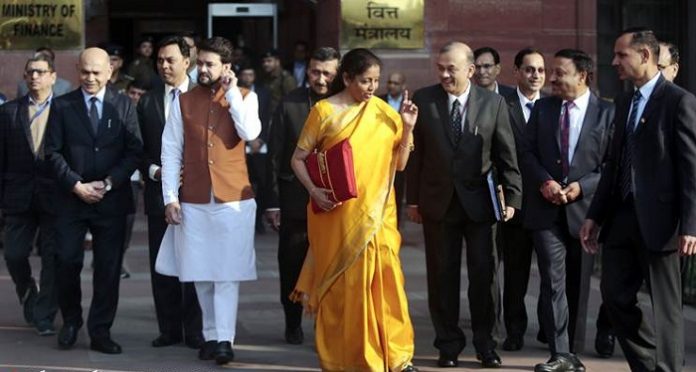Budget 2020 has proposed an individual not paying tax in the country of residence, and then such NRI may be required to pay tax in India.
Though this amendment will come from the Financial Year 2020-21 if passed by the Parliament, however, for such NRIs who have not been in India for years may still have an impact from the FY 2024-25 onwards as they will become ordinarily resident in India from that year and may be required to pay tax on their global income and report foreign assets in their income tax returns.
Who will Pay Taxes?
NRIs are granted exemptions from being classified as “resident Indians” if they stay for a certain period. Earlier this period was 182 days which has now dropped to 120 days. According to the circular “This category has been carved out essentially to ensure that a non-resident is not suddenly faced with the compliance requirement of a resident, merely because he spends more than specified number of days in India during a particular year.”
Some UAE tax expert says this will not apply to NRIs based in Gulf States like UAE. As India has double-taxation avoidance treaties with them, which means income generated in one country will not be subject to a tax in the other.
But other experts believe, As India wants to crack down on those who derive most of their income from within India but take out an NRI status to allow them some flexibility in what they pay as tax, Double taxation avoidance treaty might be too redundant.
Words of approval
Some reckon the Finance Ministry’s move is to curb abuses in the system than target NRIs randomly. Proposed changes are mainly targeted on residents who are abusing the system and avoiding paying tax in India and abroad. More so, as India wants to crack down on those who derive most of their income from within India, but take out an NRI status to allow them some flexibility in what they pay as tax. (Some of India’s film stars have opted for this route, while others have taken up citizenships elsewhere.)
The NRI community
The Budget proposals have created huge anxiety and significant confusion among the NRI community. If this proposal is carried out, an NRI in Dubai with a salary of even Dh2,000 a month will be in the tax bracket as the exemption of Indians is up to 500,000 rupees. If carried out in Gulf countries which have high government charges and indirect taxes like VAT and customs seems unjust.
The NRIs who send billions to their home country to shore up its foreign currency reserves every year have no benefits.

















